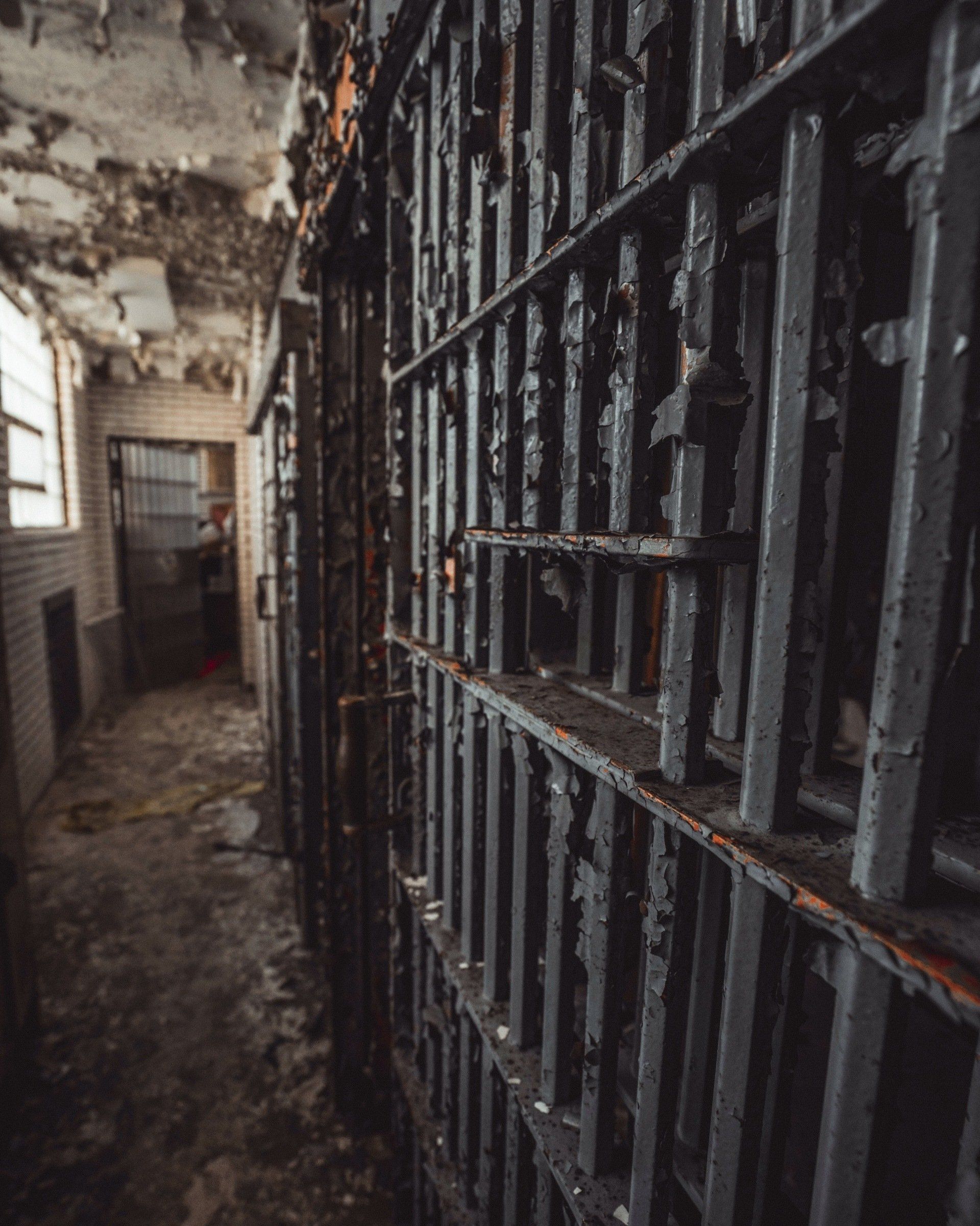What are examples of Medical Negligence in the context of incarcerated individuals?
Ramon Martin • June 20, 2024
Alabama Jail Injury Lawyer

Medical negligence in the context of incarcerated individuals can manifest in various ways, often exacerbated by the unique environment and constraints of the prison system. Here are some examples:
- Delayed Medical Treatment: Inmates experiencing severe pain or symptoms may face significant delays before seeing a healthcare provider. This delay can lead to worsening conditions or irreversible harm.
- Inadequate Medical Care: Inmates may receive substandard care due to lack of resources, poorly trained medical staff, or insufficient medical facilities within the prison.
- Failure to Diagnose or Misdiagnosis: Incarcerated individuals may not receive proper diagnostic tests, leading to incorrect or missed diagnoses. For example, symptoms of serious conditions like cancer or heart disease may be overlooked or misinterpreted.
- Denial of Necessary Medication: Inmates may be denied access to essential medications, either due to cost-cutting measures or administrative errors. This can be especially dangerous for individuals with chronic conditions like diabetes, epilepsy, or hypertension.
- Inadequate Mental Health Care: Prisons often lack adequate mental health services, leading to insufficient treatment for inmates with mental illnesses. This can result in worsening mental health conditions and increased risk of suicide or self-harm.
- Poor Management of Chronic Conditions: Inmates with chronic illnesses may not receive regular monitoring or appropriate management of their conditions, leading to complications or exacerbations of their illnesses.
- Lack of Follow-Up Care: After an initial medical evaluation or treatment, inmates may not receive necessary follow-up care, which is critical for recovery and management of health conditions.
- Improper Handling of Medical Emergencies: In emergencies, delays in response or lack of appropriate emergency care can result in serious harm or death.
- Failure to Address Inmate Complaints: Inmates' complaints about their health or inadequate care may be ignored or not taken seriously, preventing them from receiving timely and necessary medical attention.
- Neglect During Transfer: Inmates being transferred between facilities may experience interruptions in their medical care, including missed doses of medication or lack of access to necessary treatments.
- Poor Sanitation and Living Conditions: Unsanitary conditions and overcrowding can lead to the spread of infectious diseases, which may not be adequately addressed by prison healthcare systems.
- Lack of Preventive Care: Preventive measures, such as vaccinations, regular health screenings, and health education, are often lacking in prison settings, leading to preventable illnesses and conditions.
These examples highlight the critical need for improved healthcare standards and oversight within the prison system to ensure that incarcerated individuals receive the medical care they need. Contact The Justice Law Firm, LLC today for a FREE consultation.


